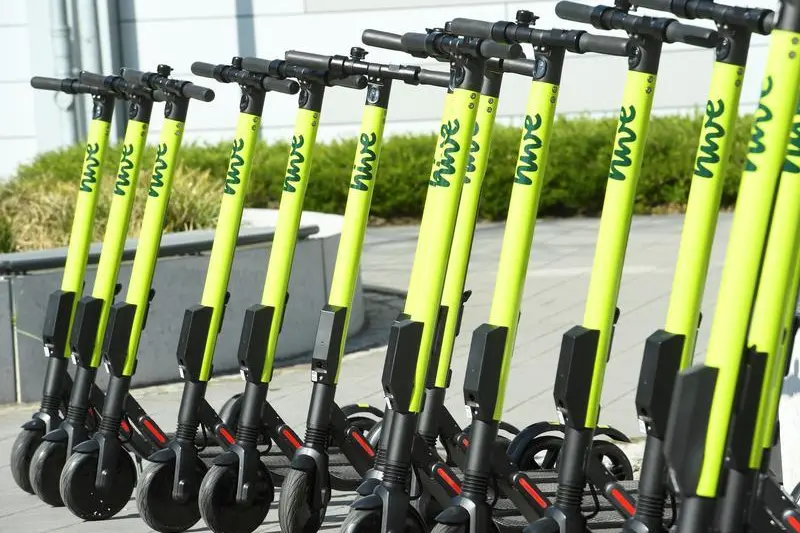PHOTO
(The author is a Reuters Breakingviews columnist. The opinions expressed are her own.)
HONG KONG - A lot has changed since Chinese web portal Sina.com debuted variable interest entities as part of its U.S. initial public offering two decades ago. Portals are no longer a thing, but structures to circumvent Beijing’s restrictions on foreign ownership of sensitive industries endure. As e-scooter maker Ninebot becomes the first to test them on the mainland market, investors should remember that the risks don’t go away with official acceptance.
Sina paved the way for Alibaba, Tencent and others to raise billions of dollars overseas. While VIEs enable global investors to indirectly access hot Chinese technology, they are designed to shield sensitive sectors from foreign ownership – which complicates tax and legal matters. Chinese officials have largely stayed silent on the legality of these arrangements.
It’s not clear why Ninebot, which bought storied Segway in 2015, would proceed with such a structure in its upcoming Shanghai debut. But VIEs typically rely on a complex web of offshore holding structures and contracts with mainland entities, so they can be messy to unwind. Either way, approval of its STAR board listing marks a symbolic acceptance of this practice.
Who is in control matters. At JD.com, founder Richard Liu holds 45% of key onshore vehicles, while his personal assistant and the company’s chief compliance officer own the rest. That arrangement sparked worries when Liu was arrested in 2018 on rape allegations. U.S. prosecutors later decided not to pursue the charges.
There is also a risk that China changes the rules. A 2015 legal ruling threw the foreign ownership workarounds into doubt, but a subsequent investment law eased fears. Alibaba nevertheless cautioned in its most recent annual report that government agencies could reinterpret things again.
Foreigners have been caught out before. In 2011, Alibaba angered big shareholder Yahoo when it moved fledgling payments unit Alipay – now $150 billion Ant – into a VIE owned by founder Jack Ma, citing potential regulatory requirements. At the time, Yahoo said the board knew nothing of the deal.
Alibaba today is pioneering a new era for VIEs by putting the owners into partnerships. That should at least reduce some “key man” risk. For Ninebot’s prospective investors, the VIE is a reminder that the company’s sexier aspects might obscure the arcane ones.
CONTEXT NEWS
- Chinese scooter maker Ninebot is expected to roll out plans for an initial public offering on Shanghai’s STAR board before the end of August, after getting official approval in June. It will be the first mainland listing to feature a variable interest entity – a structure which is designed to circumvent Chinese restrictions on foreign investment in sensitive sectors.
- Ninebot is backed by smartphone maker Xiaomi and Sequoia Capital China. The company plans to raise up to 2.1 billion yuan ($297 million), according to IFR.
- Ninebot acquired U.S. rival Segway in 2015 for an undisclosed sum. It halted production of the company’s famous PT, or Personal Transporter, on July 15.
(The author is a Reuters Breakingviews columnist. The opinions expressed are her own.)
(Editing by Robyn Mak and Jamie Lo) ((jennifer.hughes@thomsonreuters.com; Reuters Messaging: jennifer.hughes.thomsonreuters.com@reuters.net))





















